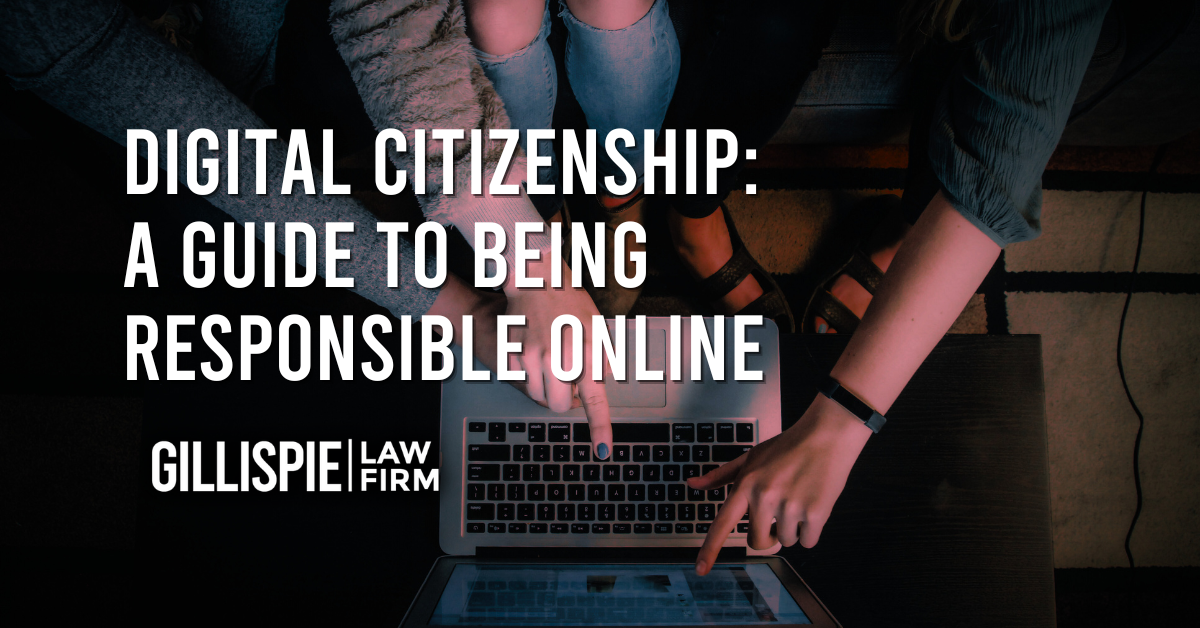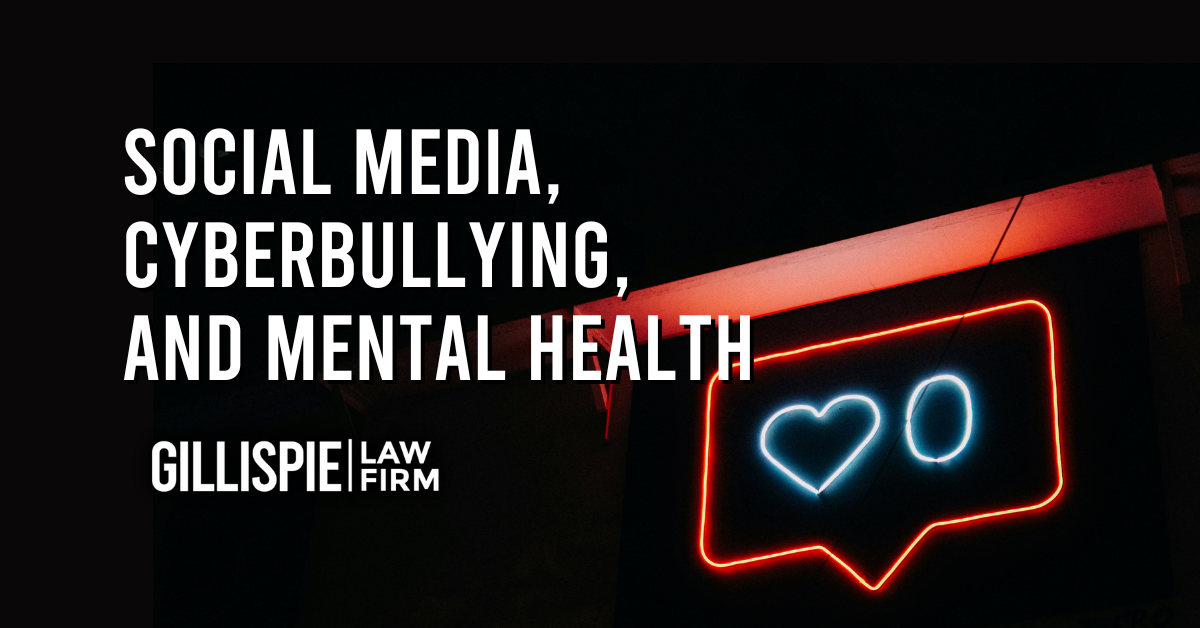Crime and Mental Illness: Are Criminals Mentally Ill?
Many people correlate crime and mental illness when they try to understand a criminal’s motivation. However, research by the American Psychological Association (APA) shows this is largely a misconception. In their study, “How Often and How Consistently do Symptoms Directly Precede Criminal Behavior Among Offenders with Mental Illness?” researchers found that only 7.5% of crimes were directly related to mental illness symptoms. That percentage rises to 18% when researchers include crimes that were mostly related to mental illness.
The Study of Crime and Mental Illness
Researchers interviewed 143 offenders who collectively committed 429 crimes for this study. They considered offenders who suffered from major depression, bipolar disorder, and schizophrenia in their analysis. According to their findings, 4% of crimes involved schizophrenia disorders, 3% involved major depression, and 10% involved bipolar disorder. Ultimately, the study showed that while some crimes by persons with mental illness were directly related, they also committed unrelated crimes. It further concludes that we cannot classify offenders exclusively and consistently as criminal only because of their mental illness. Effective mental health treatment may prevent some crimes but won’t improve criminal justice outcomes for most offenders.
Other Factors
Many factors lead people into a life of crime, and younger people especially can’t always control these influences. These factors include, but are not limited to, unemployment, socioeconomic standing, substance abuse, and homelessness. Typically, one factor feeds another. For example, a person dealing with homelessness may be in that situation because they lost a job.
Boys from low-income families are 40 times more likely, and girls are 17 times more likely, to be incarcerated than those from higher-income families. According to the US Department of Justice, 68% of incarcerated adult male felons report early childhood victimization; 14% report child sexual abuse. All these factors, along with mental illness, create a broken foundation for a life of crime.
Crime Statistics and Mental Illness
In America, approximately 1 million incarcerated individuals struggle with mental health and behavioral disorders. As mentioned in the study, their crimes are typically not directly influenced by their mental health issues. While treatment is available, prisons do not offer comprehensive mental health care, and those released are more likely to find themselves on the wrong side of the law again. After release, 55% of former inmates struggle to find employment, and over a third are reconvicted within 2 years; more than half within 5 years. Once released, former inmates do not have the same benefits they had in prison. They lack the same healthcare and do not have access to necessary medications. This leads to gaps in treatment and inconsistent care. When they reoffend, many people assume it is because of their mental illness.
Breaking the Stigma of Crime and Mental Illness
Stigma around mental illness persists, even without crime. In media, mental illness is often portrayed in the “crazy” individuals. Typically, schizophrenia is the most demonized mental illness in media. This is typically due to the established bias we have that schizophrenics are inherently violent. In contrast, depression is typical romanticized. Whether it’s Hannibal Lecter (Silence of the Lambs) or Kevin Wendell Crumb (Split); the bad guy suffers a ‘violent’ mental malady.
When a mass shooting happens in America, we quickly assume that the shooter suffered from untreated mental illness. Something broke in his brain which ‘made him do it.’ As human beings, we find comfort in the idea that a crime is committed because of mental illness. That the ‘defect’ (i.e. mental illness) is to blame, not the person. Then, ‘it isn’t his fault.’
As discussed, criminals can have mental illness, but not all criminals are mentally ill. For non-criminal people living with mental illness, the stigma can be harmful. More often than not, they’re less likely to have the same employment or housing opportunities. Doctors’ offices greet them with bias and unfair treatment. They also often face suspicion and unjust arrests. This is typically due to a lack of awareness and education in the criminal justice system. In fact, people with mental illnesses are more likely to be victims of violent crime rather than offenders, but they are less likely to come forward.
Society must actively change to break the stigma around crime and mental illness.



